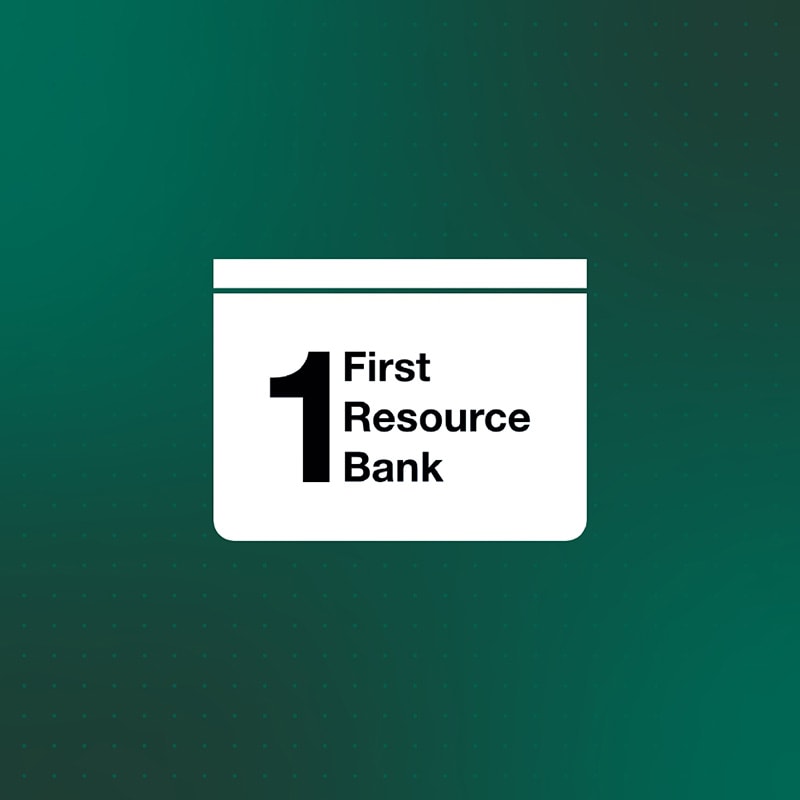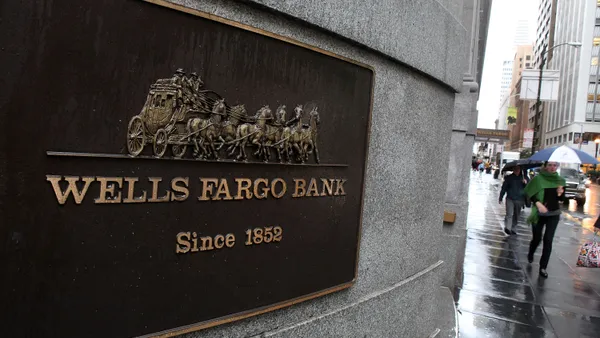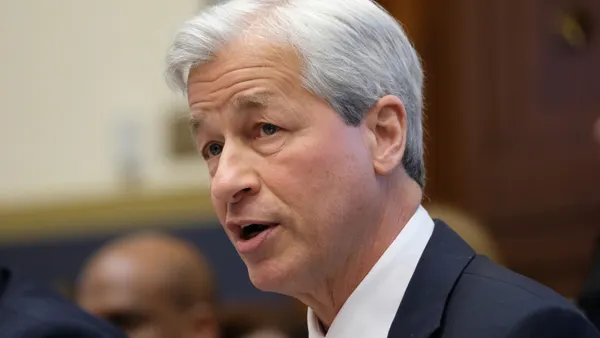Nubank has applied for a U.S. banking charter with the Office of the Comptroller of the Currency, the São Paulo, Brazil-based digital challenger said in a release this week.
“Our core focus remains on delivering growth in our existing markets,” David Vélez, the fintech’s CEO, said in a statement Tuesday. “At the same time, applying for a U.S. national charter helps us better serve our existing customers based in the country and, in the future, connect with those who share similar financial needs and could benefit from our products and services.”
Nubank counts 122.7 million customers, as of June, in its primary markets: Brazil, Colombia and Mexico. In the U.S., the fintech aims to eventually offer deposit accounts, credit card services, lending and digital asset custody, the company said.
Cristina Junqueira, Nubank’s chief growth officer and co-founder, relocated to the U.S. full time, and will serve as CEO of the emerging stateside business.
“Nubank’s purpose continues to be to positively impact people’s lives by offering best-in-class digital financial services,” Junqueira said in a statement. “While there’s work ahead, we believe that by working closely with regulators, we will soon be in a position to expand our offering to the broader U.S. market.”
Tuesday’s announcement lends credence to a Reuters report from February, indicating Nubank would unveil a new target market this year.
It also underscores the lengthy and sometimes unsuccessful path foreign challenger banks face when they try to cross over to the U.S.
Dutch neobank Bunq, for example, withdrew its charter application with the OCC in February 2024 after a 301-day wait. A spokesperson for the challenger cited a “difference of views” among the OCC, the Federal Deposit Insurance Corp. and a banking regulator in the Netherlands, but added Bunq is “fully committed to resolving” the dissonance and would reapply at some point.
U.K. challenger Monzo withdrew its application with the OCC in 2021 after it became clear the U.S. regulator likely would not approve it.
Monzo’s competitor Revolut made clear in March that it wants to be a bank in the U.S. But its journey to obtain a license in its native Britain came after a three-year wait, stemming from issues including that auditors said they could not verify the company’s revenue figures for 2021.
Nubank said it received authorization from Mexican regulators in April to become a bank there, and is awaiting final operational approval.
Nubank’s ambition for a U.S. charter “seems consistent,” Susquehanna International Group senior technology analyst Jamie Friedman wrote in an email to Bloomberg. He noted, however, that the move could spur questions as to whether Nubank would target Latin Americans in the U.S. or a broader swath.
“We know the U.S. market will be hard to crack,” Junqueira told Bloomberg on Wednesday. “We expect the early adopters will be consumers that know the brand.”
Nubank has traded publicly on the New York Stock Exchange since 2021. At roughly $77 billion, the challenger is now the most valuable publicly traded Latin America financial firm, according to Bloomberg.
Among the figures whose input will likely be sought in Nubank’s stateside odyssey is former acting Comptroller of the Currency Brian Brooks, who serves on the board of directors for the challenger’s U.S. business.
Nubank has also hired several U.S. tech execs this year. It named Michael Rihani, Coinbase’s former product officer, as its new crypto officer last week. Nubank also hired Snap alum Eric Young in August to serve as its chief technology officer.
“For investors, the primary concern is the potential for management to lose focus,” Citi analyst Gustavo Schroden said in a note seen by Bloomberg.
Junqueira dismissed that notion in a LinkedIn post this week.
“We’re confident that we have reached a maturity stage that allows us to explore further options and expand our positive impact,” she wrote. “We’re here for the long term – it’s still Day 1.”













